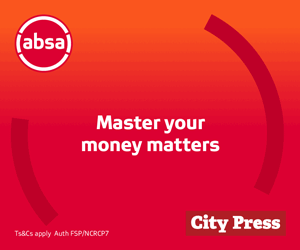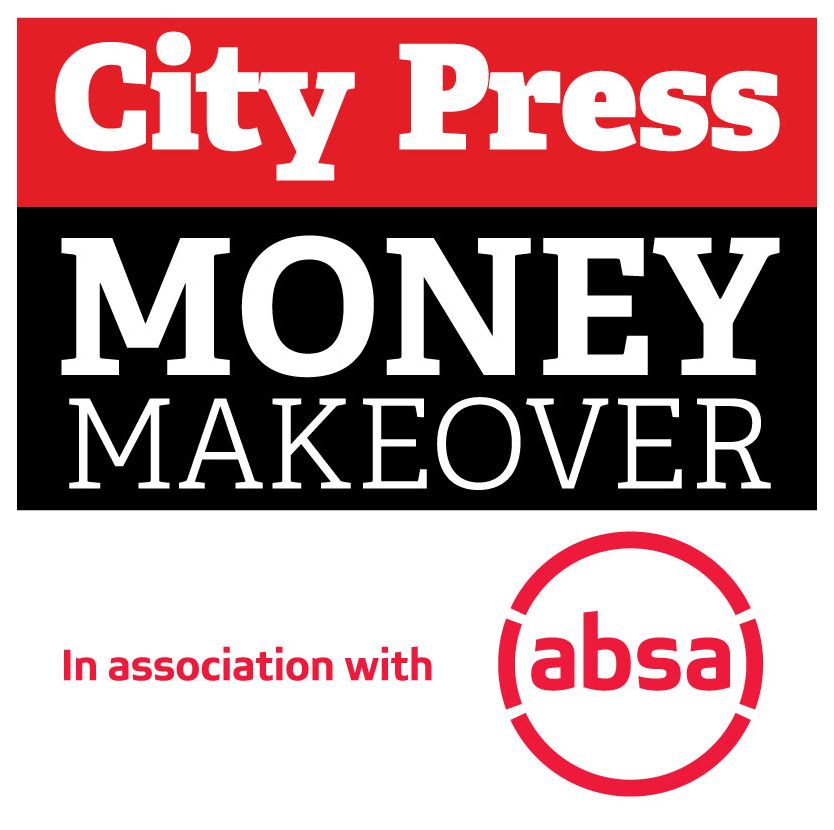And the winner is…
The Absa / City Press Money Makeover boot camp has come to an end and once again our candidates have shown what is possible in just six months.
They are proof that the power to change your financial circumstances lies within you and that you do not have to wait for some ‘miracle’ to achieve financial freedom.
In this final edition of Money Makeover for this year, we recap their journeys and hope that it inspires you to create your own financial freedom plan.
Winner: Johan
The Goal: Debt-free at retirement
Like most South Africans, Johan is behind on his retirement planning. He will be 65 years old in seven years’ time, which does not leave a lot of time to get his finances in order.
When Johan applied for the Money Makeover Challenge, a large chunk of his salary went to debt repayments. Like many South Africans, he was caught up in a debt spiral.
The more debt he took on, the less cash was available to meet his living expenses. So he continued to take on more debt to pay the bills. Even with the spending cuts, he struggled to meet his debt obligations.
He could not achieve his goal of being debt-free by retirement unless he took the drastic step of debt review.

"Never in my life did I ever imagine that I would commit myself to a debt review and get so much achieved within a space of only six months, all the while paying off my debt and saving as well," - Johan.
The Achievement: Proving what is possible
Although going into debt review so publicly was a tough decision, Johan decided that sharing his journey would give others the courage to face their own financial challenges and not be ashamed to admit that they needed help.
This is a principle Johan has followed ever since becoming visually impaired as a teenager. He has dedicated his life to helping others with the “aim to inspire and make a positive change in the life of every person who crosses my path”.
“I don’t view myself as a person with a disability; I am merely differently abled,” he says.
Working with debt counsellor David O’Brien of Meerkat, Johan’s monthly debt obligations were reduced by 45% through negotiating reduced interest rates. His debts will be fully paid within 61 months and Johan will be debt-free by June 2028 – before he retires.
Working with his Absa adviser Takalani Badugela, Johan and his wife Mignon drew up a household budget and found an additional R4 000 a month through cutting down expenses. This included cutting back on takeaways and online shopping. They also reviewed fixed expenses such as insurance. The couple worked on reducing Mignon’s debt and her credit card will be paid off next month.
Badugela conducted a thorough retirement analysis and made recommendations to Johan to boost his retirement outcome. Johan grabbed his opportunity from the start, fully committing himself to the process and he achieved every goal that was set out.
Six months in numbers:
Reduced debt by more than R85 000;
Built up a R42 000 emergency fund;
Household went from a budget deficit of R1 183 to a surplus of R4 176;
Increased company pension contributions by 5%; and
Increased other retirement savings by R3 000 monthly.
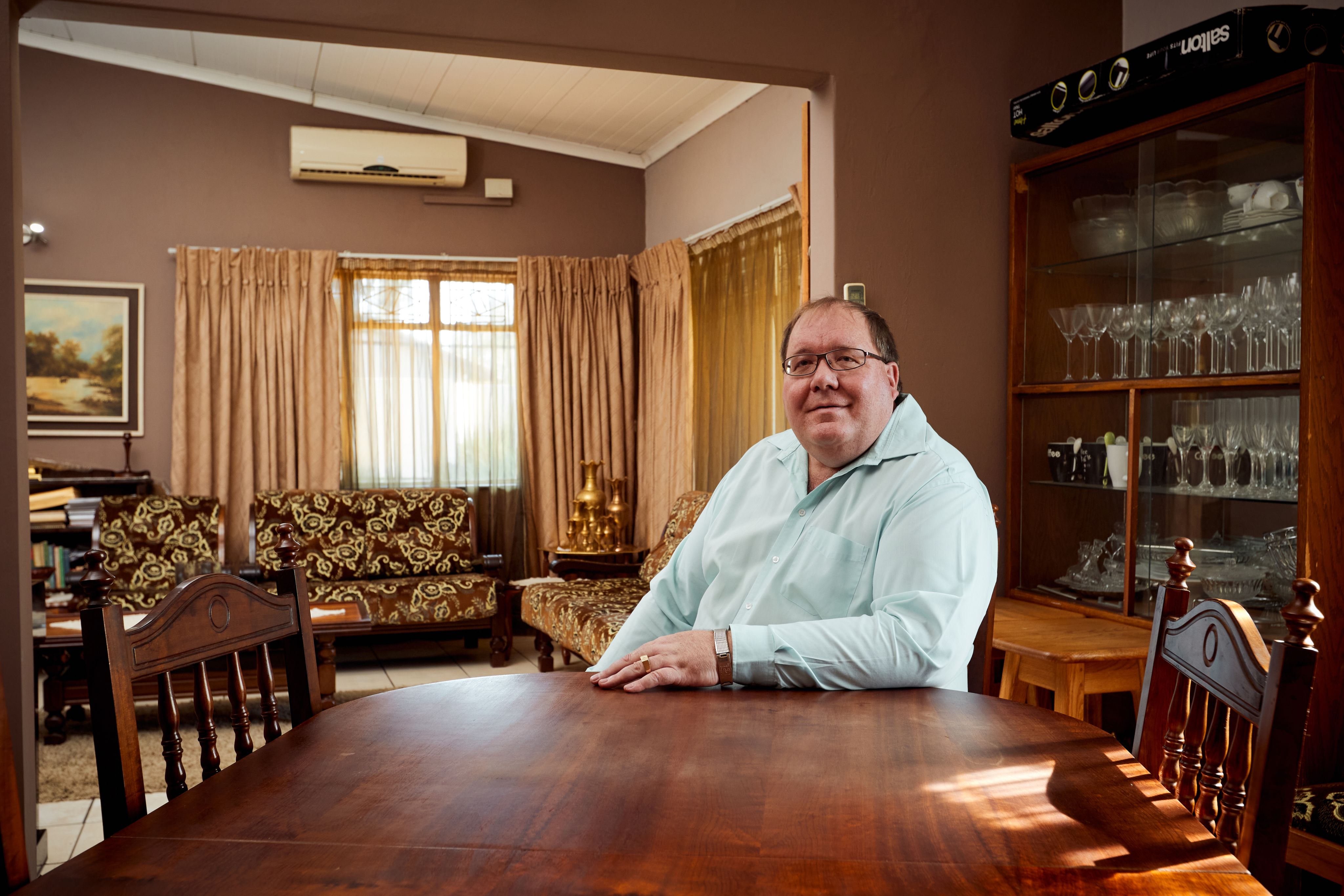
Runner-up: Zihle
The Goal: Repay debt while meeting family obligations
Medical technician Zihle found herself the main breadwinner when her mother passed away. She turned to credit to make ends meet so she could provide for her two sisters.
“I wanted to protect my sisters from my financial struggles so they could have a carefree childhood,” she says.
Zihle believed she could fix her financial situation with time by taking out a small loan at first, but then the debt just got bigger and bigger. She worked with Absa financial adviser Anton Battiss, who drew up a plan to help her reduce her costs and start paying off her debt. Battiss also assisted her with finalising her mother’s estate.
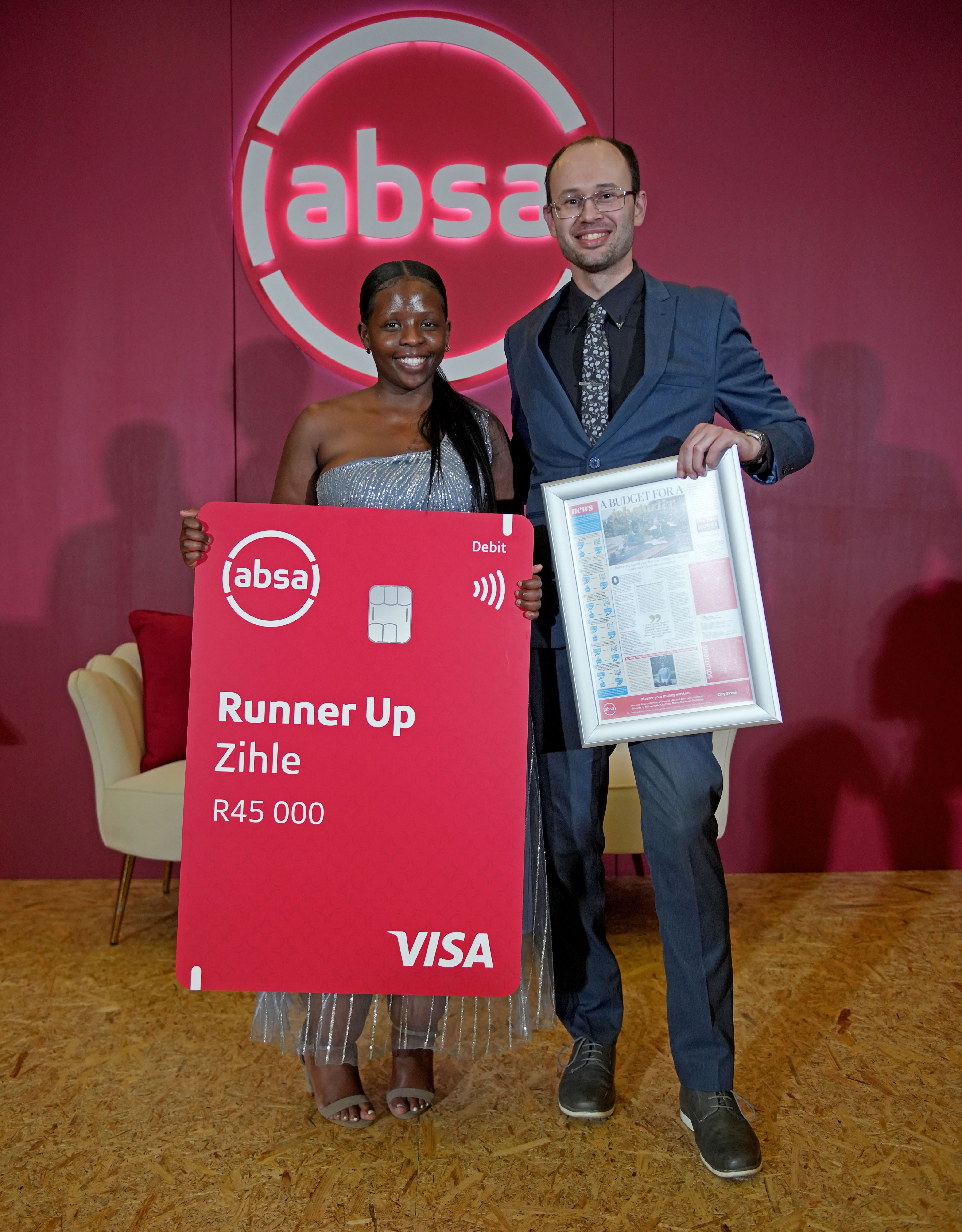
"The quality of my life has improved. I no longer walk around carrying the shame of my financial mistakes. But I take pride in knowing that I am making good progress towards creating financial freedom," - Zihle
The Achievement: Transformation
Not only did Zihle pay off her debt and take control of her finances, she also experienced a transformation in the way she saw herself. At the start of the challenge she was unable to envision a future for herself, her frame of mind was negative and she felt depressed.
Through the work she did in the last six months, Zihle now has a financial system in place. This has allowed her to concentrate on her future and work towards her own goals.
“I realise I can start to plan for my own future now. I can think about what happens when my sisters finish studying, about getting a place of my own when I am debt-free and even saving for my retirement. Before this, I could not see past my role as their caregiver,” says Zihle, who has just been accepted to study for a master’s degree.
During the challenge, Zihle had to cut back on all the nice-to-haves, including takeaways, airtime and music subscriptions. This was a sacrifice she was prepared to make to get out of debt. Rather than taking a debt consolidation loan, which would have reduced her monthly instalments but extended the period of her debt repayments, Zihle decided to make the tough sacrifices now so that she could be debt-free sooner.
She is paying off her debts one at a time, using the snowball method. Zihle had tough conversations with her sisters and learnt to say no.
“I had to sit my [one] sister down and warn her not to make the same mistakes I made.”
Despite supporting both sisters on her salary, she managed to pay off debts worth more than one month’s salary while increasing her pension contributions. This goes to show that you can pay off debt and still prepare for the future.
Six months in numbers
Reduced debt by more than R23 000;
Increased pension contributions from 7% to 10%; and
Taught her sisters about money management.

Special prize: Sello
The Goal: Financially fit for a business
Sello is in his early forties and had established a start-up business to manufacture eco-friendly straws for restaurants and retailers. He had taken out personal loans to start the business, which he has been funding from his salary.
Like so many start-up entrepreneurs, Sello faces a catch-22 situation. He can only apply for a business loan or grant if he has commitments from clients. But he can only do this if he can produce this first prototype, which requires money.
His Absa financial adviser Philander Tshivhenga worked with him to get his personal finances in order so that he could find the funds he needed to finish the prototype and to improve his credit score to qualify for business loans.

"I know this is going to sound strange as someone who wants to start his business, but I am glad I had not started before I paid attention to the importance of acquiring money-managing skills,"- Sello
The Achievement: Improved credit score
Sello significantly improved his credit score during the challenge and he now has an excellent score.
He achieved this by paying off his smaller retail account debts. Despite paying off the debts, Sello was still able to boost his retirement savings by taking out a retirement annuity. He did a full review of his estate planning and drafted a will to protect his family.
During the challenge, he separated his personal and business finances and opened a business account. He is now in a financial position to complete his prototype. Once Sello’s business plan and protype are ready, he will be able to pitch his idea to Absa’s partners as part of the bank’s enterprise programme.
Once he has secured a contract, he will qualify for the funding of his working capital.
Six months in numbers
Paid off more than R20 000 in debt;
Increased credit score by 64 points;
Created a will and estate plan for his family; and
Opened a retirement annuity.
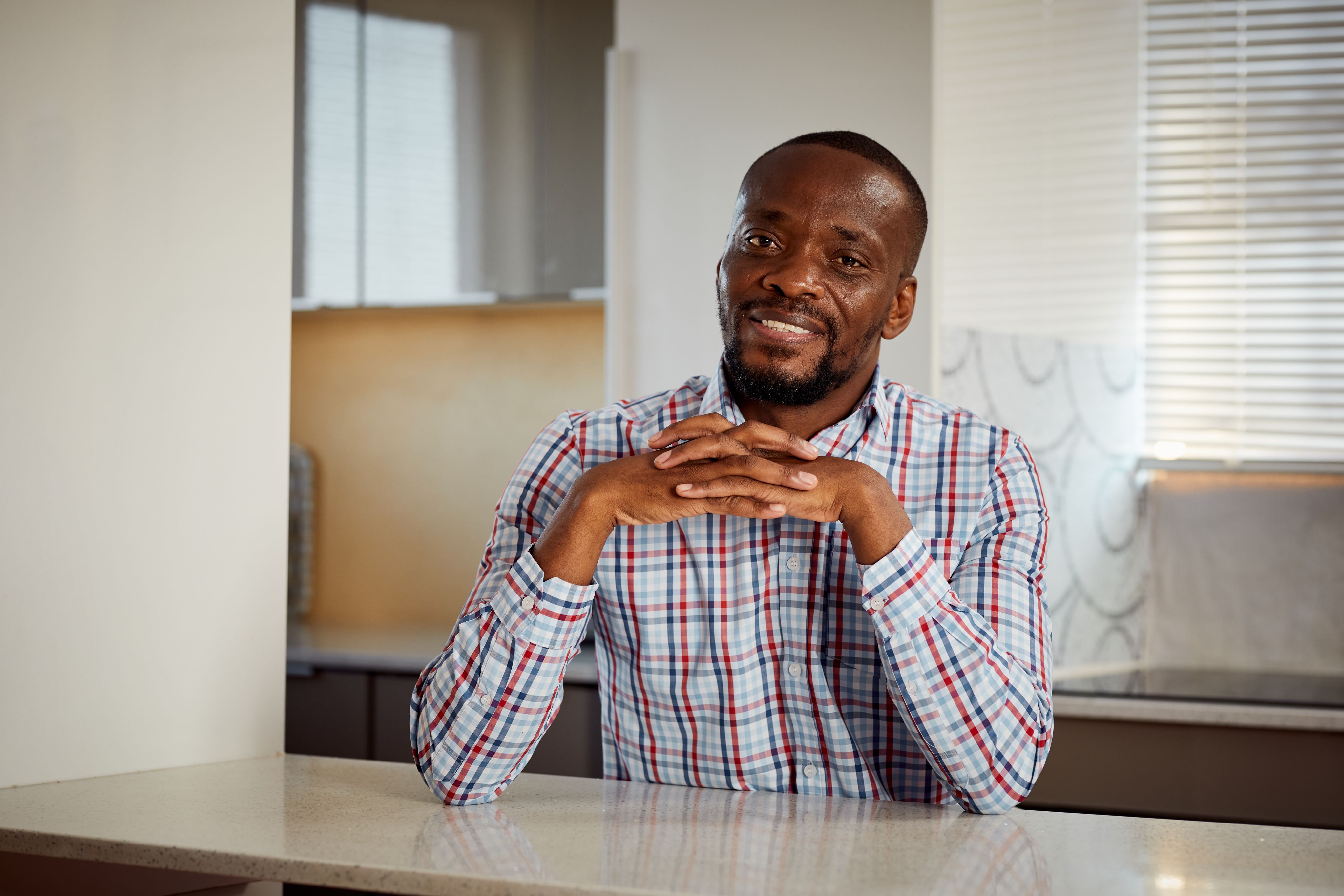
Mlibokazi
The Goal: Financially fit for home ownership
Mlibokazi is in her early thirties and works at a financial institution. Having access to preferential loans, Mlibokazi faced pressure from her family to borrow money to help them.
“I did a lot of things for my family in the Eastern Cape. I used debt to cover the costs and had three major events that required money quickly.
“I would get a favourable interest rate, but I didn’t realise how much it was. I am drowning [in debt]. It creeps up on you,” admitted Mlibokazi.
Another challenge was that she and her husband did not discuss their finances or family obligations.
She worked with Absa financial adviser Khathutshelo Ravele, who helped her and her husband draw up a budget and plan their family’s finances.
The Achievement: Financial stability
Like so many young professionals, Mlibokazi’s dream is to buy a family home. However, rather than rushing into doing that, she realised during the challenge that she needed to focus on creating a strong financial base before committing to homeownership.
The first step was to pay off short-term debt and to improve their credit scores. Once that has been achieved, the money that was going to settle debt can be used to start saving for a deposit. During the six months, Mlibokazi focused on paying off her debt and did not use her credit card.
She built up an emergency fund which came in handy when she lost family members in an accident. She also managed to contribute to her own future by taking out a retirement annuity policy.
Six months in numbers
Reduced debt by nearly R15 000;
Improved credit score by 19 points;
Set up an R8 000 emergency fund; and
Drafted a will.
"My financial adviser, Khathutshelo, has been the best thing that has happened to me. She showed me that I can do so much with the little money that I have left and make it stretch and work better for me," - Mlibokazi
Molefi
The Goal: Financial independence by 45
Big data administrator Molefi is 32 years old and aims to be financially independent by the age of 45. For him, financial independence means being able to start his own consultancy.
However, he has other life goals between now and then that could derail his goals if he does not plan properly.
Molefi would like to buy a house, plans to get married and would like to be able to provide for his wife.
“I want to be in a strong financial position to provide my future children with a different upbringing from what I had.”
Molefi worked with Absa adviser Mcebisi Ndaba, to put together a structured plan based on his financial goals and what he could afford.
This included fine-tuning his budget to find additional funds to invest.
The Achievement: Wealth creation
Molefi had already worked hard to eliminate his debt before he joined the challenge, so his goal was to focus on wealth creation.
Molefi is an example of what is possible if you do not have debt – such repayments are a lost opportunity to build wealth.
Over the six months, Molefi not only achieved the goal of having three months of expenses in his emergency fund, but also started investing to achieve his multiple goals. This included a deposit for his house, lobola and wedding funds, and funding for his future business venture.
Six months in numbers
Molefi had already completed many steps before joining the challenge but made significant progress in his various savings goals:
Achieved three months of living expenses in an emergency fund;
Boosted his retirement annuity by R40 000; and
Increased his other investments by R25 000.
"I am feeling more financially stable than ever, it will be easier building a house deposit while still investing. My financial adviser’s steps have provided me with a clear road map to financial success,"- Molefi
Raymond
The Goal: Support his family through his business
Raymond is a father of two and is the family breadwinner. Like so many young people, he has struggled to find a job and his only way of providing for his family is to be an entrepreneur. He earns income through his restaurant and farming in Empangeni in KwaZulu-Natal.
He has a passion and flair for food, but has struggled to make the restaurant financially viable.
It takes skill and knowledge to run a successful business – something youngsters are not taught about at school.
His Absa adviser Jacoline de Villiers identified that, ultimately, the farming business must supply the restaurant and family with food. In turn, the restaurant must generate enough income to support his family.
The Achievement: Revenue turnaround
Raymond worked with De Villiers to complete a separate budget for his personal expenses and his business. This was challenging because he was depending on the income from the business for personal needs.
But he soon realised the power of tracking his money.
“I’ve realised that for me to see business growth I need to be very strict; put my business before anything else.”
He worked on a costing model for his food business and completed a business skills course through the National Youth Development Agency. Raymond is enrolled in the Absa enterprise development programme for next year to learn additional skills so he can pitch his catering services to blue chip companies. He improved his profit from R6 000 to R13 000 and has employed two people to help in his business.
Six months in numbers
Improved profit from R7 600 to R13 800;
Started an emergency fund – R1 500 was used to repair damage after a robbery;
Employed two workers; and
Installed solar panels at the restaurant.
"Separating my personal and business expenses was the hardest thing, but now it’s just music to my ears. I have gained so much business knowledge and skills – I realise that knowledge is more valuable than money," - Raymond
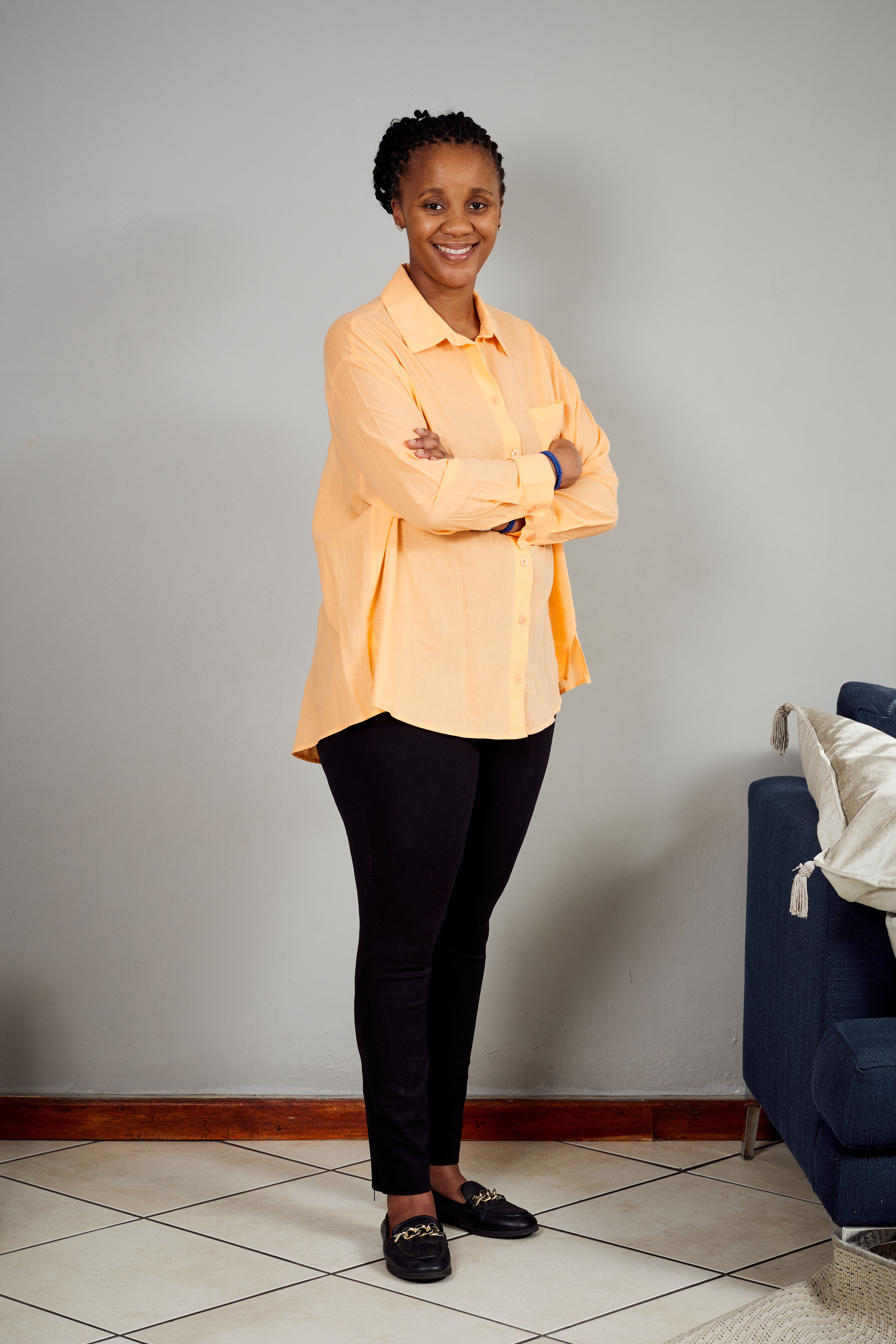
Mlibokazi
Mlibokazi
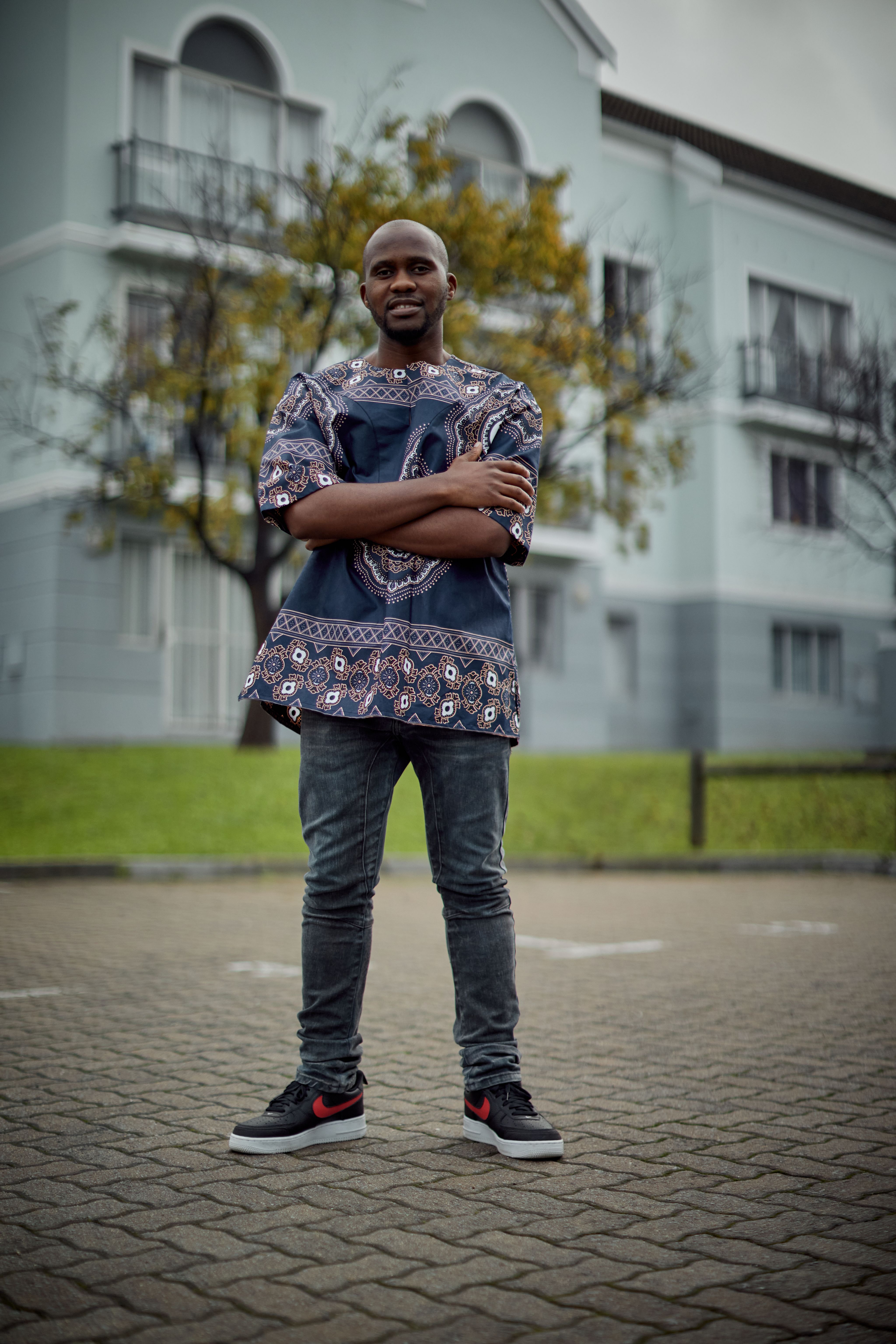
Molefi
Molefi
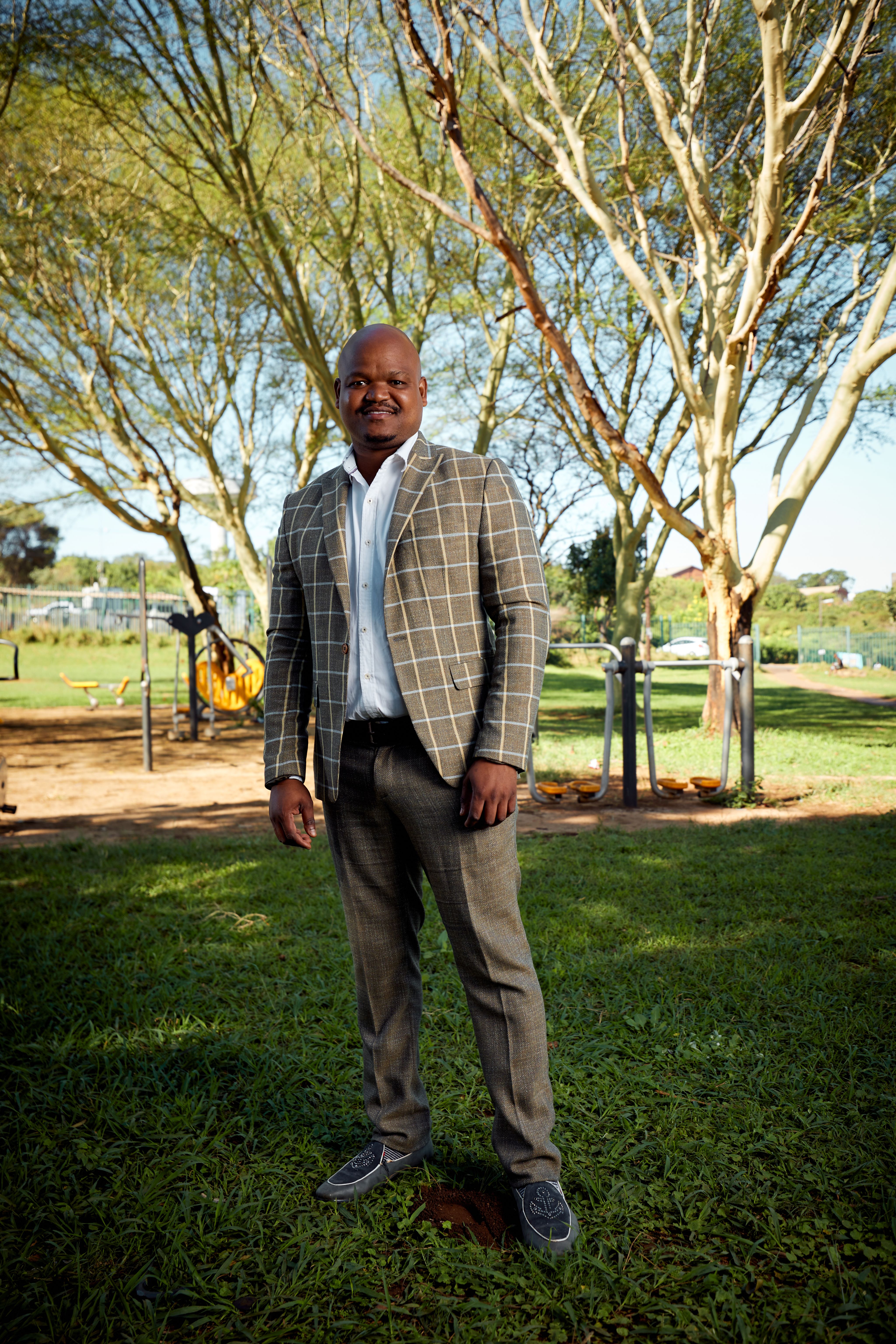
Raymond
Raymond
Find out more about the contestants and their advisers here:
If you really want to get your finances in order, you have to start tracking your spending. If you cannot commit to that, it is unlikely you will be able to reach your goals.
City Press will follow the candidates’ progress on the first and third week of each month, as well as online on the Money Makeover page:
Follow the journey – and join in – @CPMoneyMakeover and #CPMoneyMakeover on Facebook and Twitter
Absa Enterprise Development assists SMEs with access to business development support, markets access and access to funding based on certain criteria’s being met. For further information on Absa Enterprise Development you can email ed@absa.africa
You can follow the story on social media #CPMoneyMakeover
Subscribe below for the Money Makeover Newsletter

